KARACHI: Pakistan People’s Party (PPP) Chairman Bilawal Bhutto-Zardari on Monday described the ceasefire in Gaza as a welcome development, saying the world had witnessed the “genocide of Palestinians” during the conflict.
Speaking at a…
KARACHI: Pakistan People’s Party (PPP) Chairman Bilawal Bhutto-Zardari on Monday described the ceasefire in Gaza as a welcome development, saying the world had witnessed the “genocide of Palestinians” during the conflict.
Speaking at a…
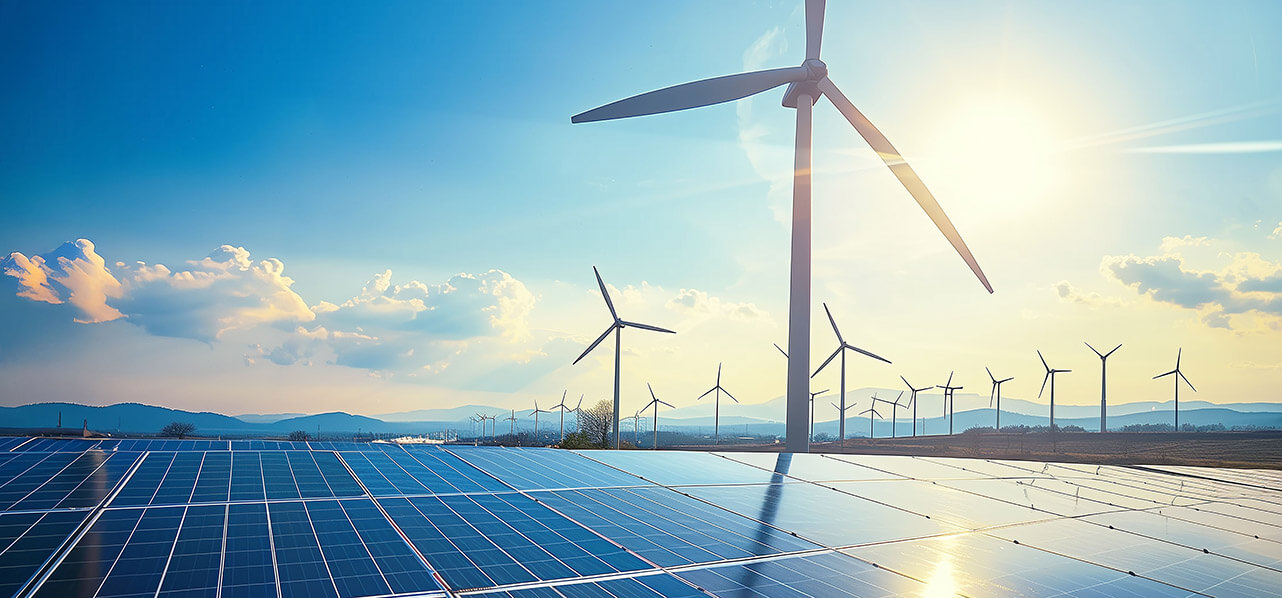
TotalEnergies retains a 50% stake in the portfolio and will continue to operate the assets and distribute the majority of the energy produced.
Eiffel Investment Group is a French asset management firm with approximately €7bn AUM. With an investor base comprising large institutional investors and retail investors via intermediated distribution, it delivers strong industrial expertise, particularly in the field of energy transition.
Paris-headquartered TotalEnergies is a multi-energy company that puts sustainable development at the heart of all its projects and operations. With 30+ GW of gross renewable capacity, it aims to reach 35 GW by the end of 2025 and 100+ TWh net electricity production by 2030.
The multidisciplinary WFW Paris team that advised Eiffel Investment Group was led by Regulatory and Public Law Partner Laurent Battoue, assisted by Partner Thomas Rabain on corporate and M&A matters. They were supported notably by Counsel Antoine Bois-Minot and Associate Lucile Mazoué. Finance expertise was provided by Partner Laurence Martinez-Bellet, with Partner Romain Girtanner advising on the tax aspects of the transaction.
All the above partners were supported by their respective teams of counsel, senior associates and associates.

The study, led by the University of Tübingen and published in Nature Ecology & Evolution, marks a major advance in ancient DNA recovery. It challenges long-held assumptions that genetic material can only survive for millennia in frozen or…
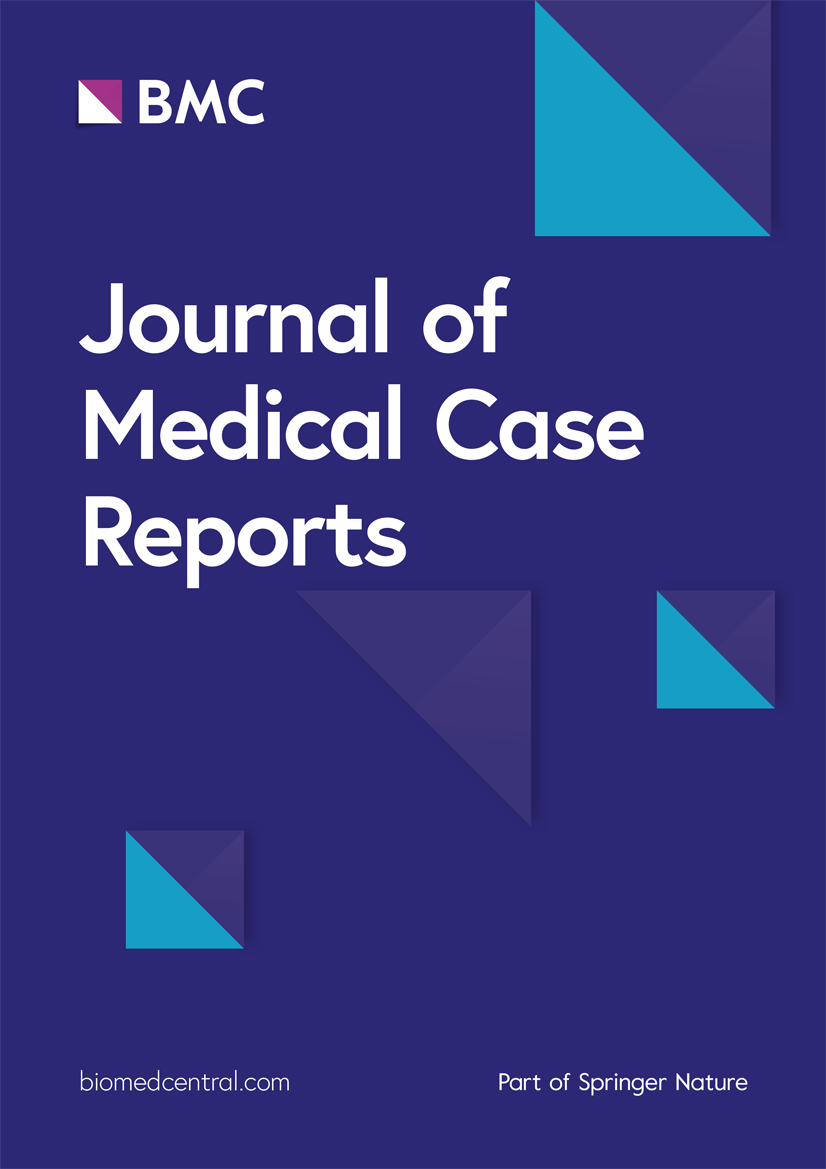
This patient, with an unremarkable background history, had several episodes of transient, anterograde amnesia with preserved consciousness and language abilities before a formal diagnosis of TEA was made. The initial diagnosis was difficult and…

Goda’s goals for the tournament are bold yet grounded.
“I’m competing in teams, singles, doubles, and mixed doubles. Winning all four would be ideal, but I’m not putting too much pressure on myself. My main…
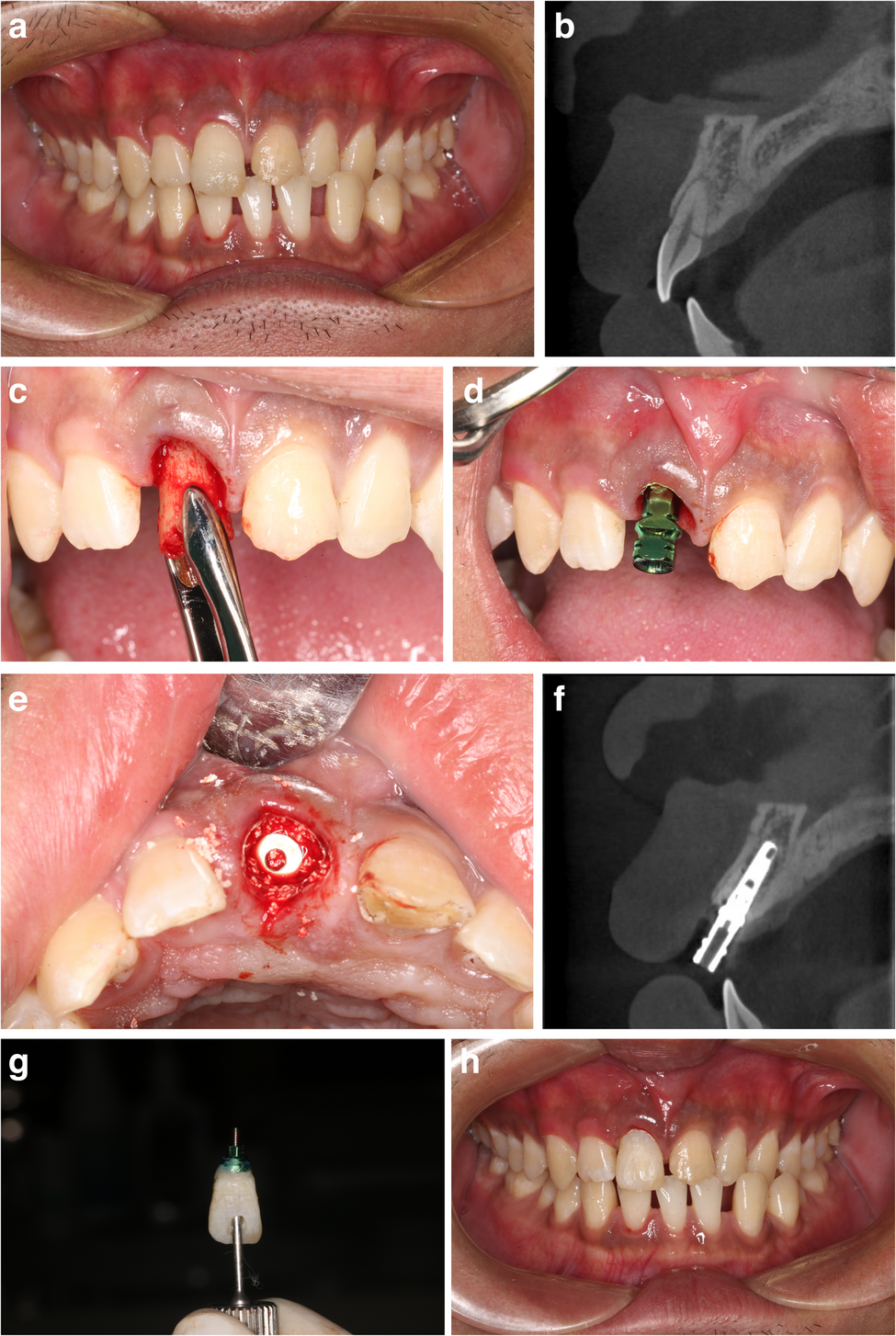
A review of the medical records of individuals who underwent immediate placement of dental implants following injuries to their teeth was performed. During the period spanning from January 2014 to December 2021, patients…
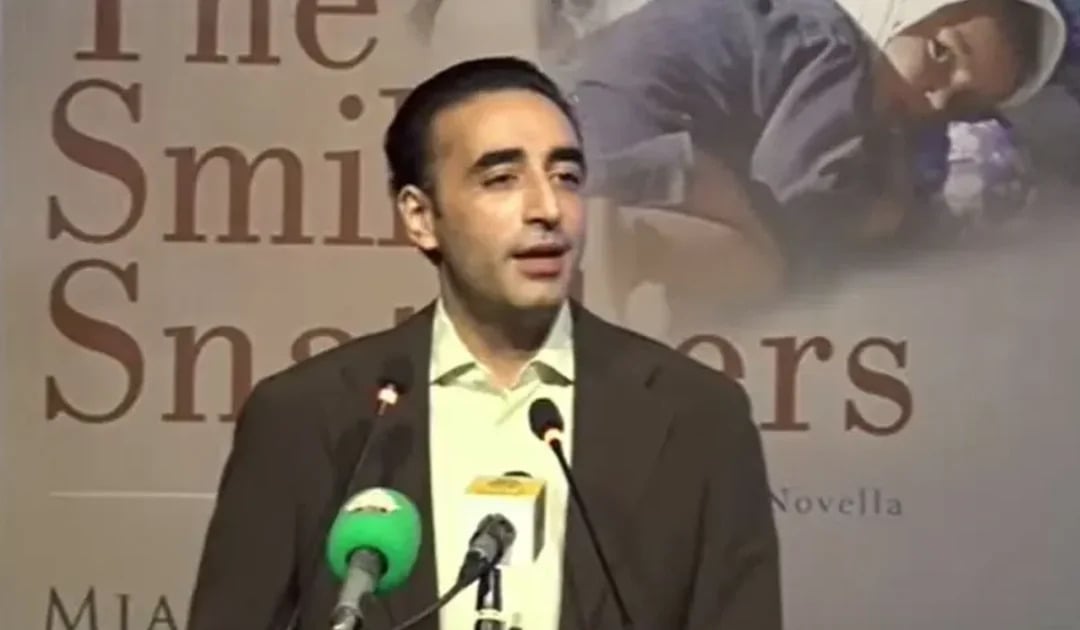

Elliot DeadyEssex and
Paul GrunillBBC Sport, East
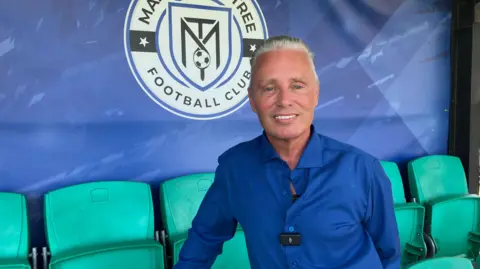 BBC
BBCThe owner of non-league Maldon & Tiptree says he is loving his first FA Cup journey despite admitting he does…
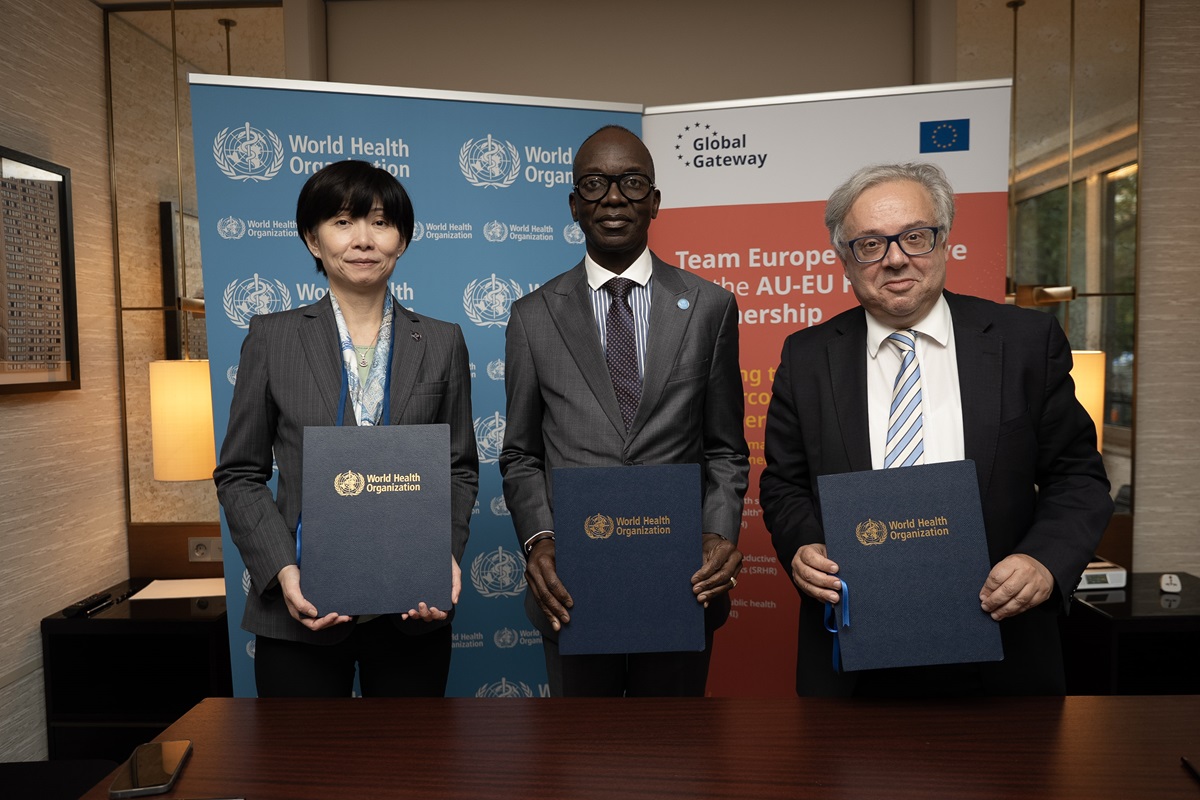
The World Health Organization (WHO) and the European Union (EU) announced today a new agreement to support the digital transformation of health systems and wider adoption of WHO’s Global Digital Health Certification Network (GDHCN) in sub-Saharan Africa. This EU–WHO partnership will improve pandemic preparedness and accelerate progress towards better health and well-being for all.
The agreement was announced at the World Health Summit 2025 by Dr Yukiko Nakatani, WHO Assistant Director-General for Health Systems, Access and Data; Dr Mohamed Yakub Janabi, WHO Regional Director for Africa; and Mr Martin Seychell, Deputy Director-General of the European Commission Directorate-General for International Partnerships.
The GDHCN is a global system that enables countries to securely and reliably verify nationally approved digital health credentials across borders. The system builds on the European Union Digital COVID Certificate (EU DCC), which facilitated verification of vaccination, testing and recovery certification for international travelers connecting 76 countries and territories. However, only four countries from the WHO African Region—Benin, Cabo Verde, Seychelles and Togo—were able to join the EU DCC network.
Since its transfer to the WHO in 2023, the GDHCN has shown strong potential to support the digitization of the International Certificate of Vaccination or Prophylaxis (ICVP), commonly known as the Yellow Card, in alignment with the updated International Health Regulations (IHR). Making the most of its potential could enhance global vaccination tracking, reduce fraud, and simplify international health requirements.
Under the new joint agreement, which includes an €8 million EU grant spanning 2025 to 2028, WHO and the European Union will collaborate to bolster national efforts to advance the digital transformation of health systems in sub-Saharan Africa. WHO will provide technical and policy expertise, in collaboration with regional partners such as the Africa Centres for Disease Control and Prevention (Africa CDC).
The EU investment is part of the Digital Health workstream of the Team Europe Initiative on the EU-AU Health Partnership, which brings together European and African stakeholders to build resilient digital health ecosystems across the continent, and aligned with the EU Global Gateway strategy.
Empowering countries and people
The GDHCN supports countries in building trusted, interoperable digital health systems that directly benefit people — providing secure, portable health records accessible wherever they travel, including during health emergencies. Personal health records are managed securely by each individual country or their health system. These records cannot be accessed by other parties, including WHO.
The network is built on internationally recognized standards for privacy, data protection, and interoperability, and participation of countries is voluntary. The network fosters cross-border collaboration among countries and partners, strengthening health security today, while laying the foundation for more resilient, person-centered health systems for future generations.